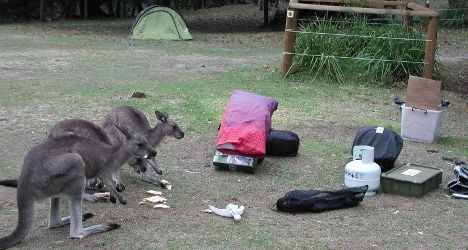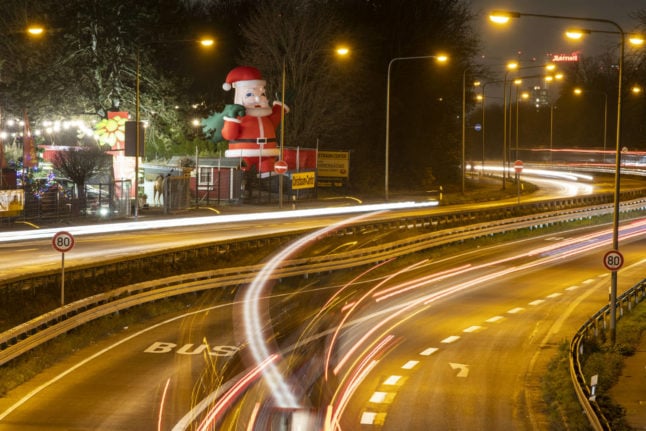Tourists from Australia have something of a reputation. Whether travelling in Europe, the UK or Asia, Aussies are known for being larger-than-life characters – friendly, boisterous, and not afraid of a beer or two.
Now it seems, however, that it’s the French in Australia who are shaming officials with their hard-drinking, disrespectful behaviour.
Shop-lifting by French backpackers has even reached the point that the practice is often known as “French shopping,” especially in the Western Australian towns of Exmouth and Carnarvon.
France’s consul-general in Sydney, Eric Berti, was forced earlier this month to publish an open letter to the 22,000 young French currently in possession of a “working holiday” visa.
The French official expressed horror at his youthful compatriots’ “noisy and provocative behaviour, drunkenness, and lack of respect for police and authorities.”
Berti encouraged his fellow French nationals to check on each other’s actions.
“Do not hesitate to make [other] young French people around you aware of the behaviour that’s expected of them in a country where honesty and respect for values and authorities is paramount,” he said.
The diplomat also reminded visitors from the hexagon that their own chances of success Down Under could be harmed, if they were tarred with the same brush as their loutish, thieving compatriots.
“This attitude could have repercussions for the French community in Australia as a whole, and young people with a working holiday visa could find themselves blacklisted when looking for a job,” he added.
The top French official’s moment of scolding comes after a Frenchman, described by local police as a “disrespectful knucklehead,” damaged the ANZAC cenotaph at Martin’s Place in Sydney, earlier this year.
Local daily the Sydney Morning Herald were told this week that police did not collect crime data according to nationality, and so couldn’t give official figures for incidents involving French culprits.
However, since Berti’s letter went public, the French consulate has tried to soften the tone of their criticisms against what is thought to be a relatively small number of French tourists.
“The same thing can happen with young Australians visiting Bali or China,” said a consular spokesman this week.
Despite this disclaimer, the consul-general appears not to be the only Frenchman in Australia dismayed by the behaviour of his fellow nationals.
In a post entitled, “Hey French backpacker, why are you a asshole?” (sic), a French blogger living in Australia earlier this month declared that: “During my trip in Australia, I met a lot of people from countries all over the world and, for my experience, the people who make the most of troubles are … the French” (sic).
“Why can’t you understand that it’s not polite and respectful to not speak in English when there are foreigners around?” he asked.
Indeed, the language barrier appears to be a large factor in the difficulty that some French backpackers have in Australia.
French website Le Petit Journal earlier in May described the “disillusion” experienced by many French young people who come on a working holiday visa.
Many find themselves in trouble due to sub-standard English, and a failure to practice after arriving, poor preparation for their visit, and an underestimation of the cost of living and accommodation in Australia.



 Please whitelist us to continue reading.
Please whitelist us to continue reading.
Member comments